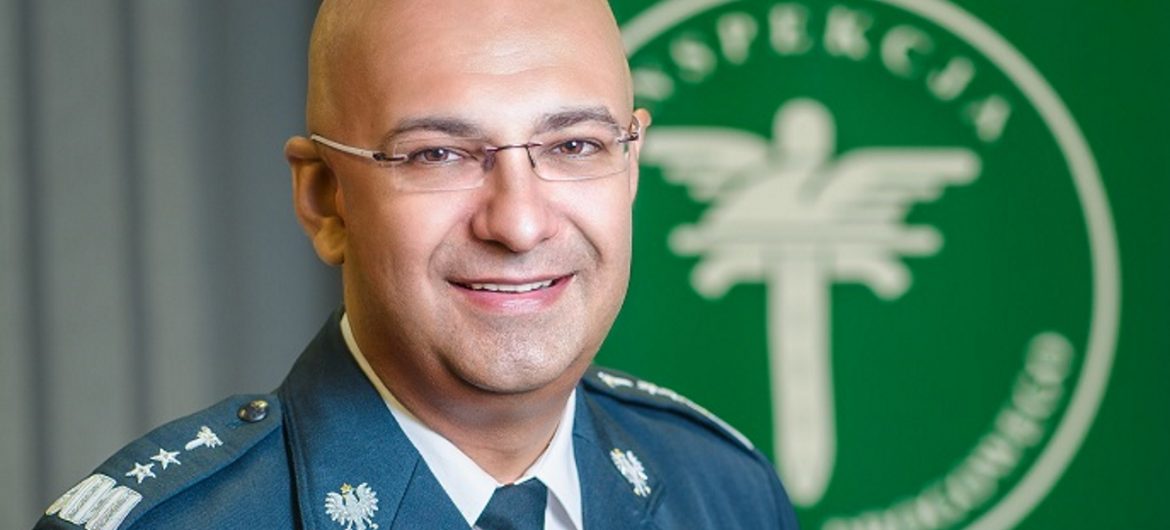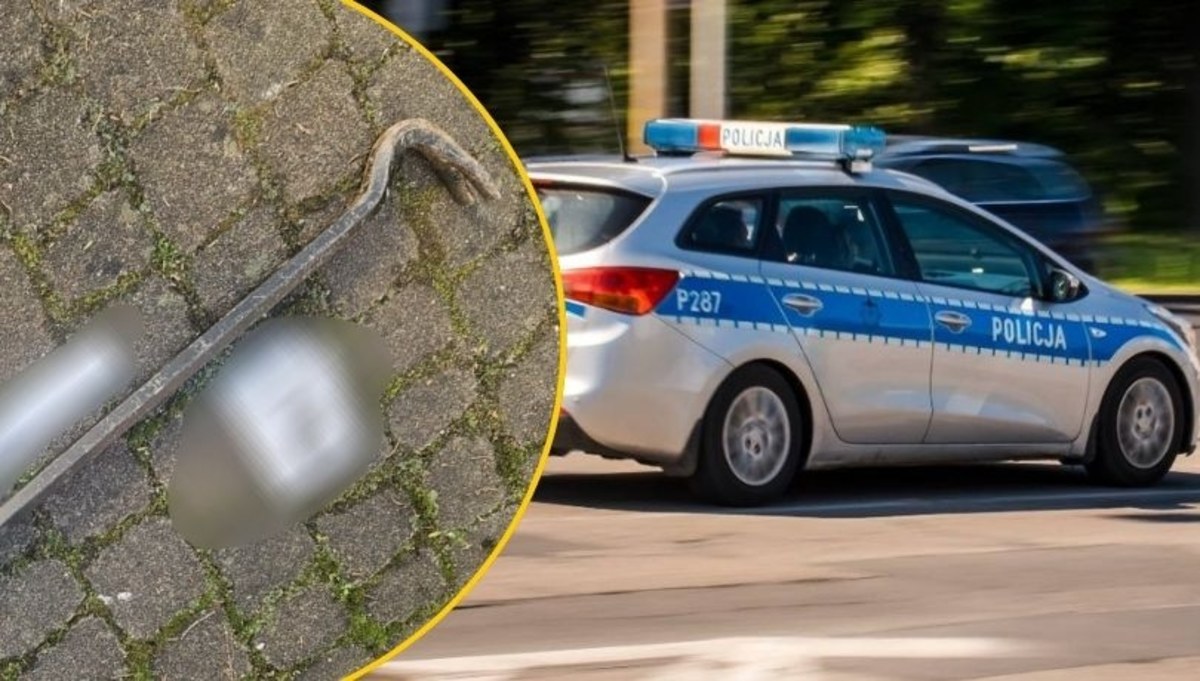A young red-billed chough has successfully taken to the skies from a nest in the wild in Kent for the first time in more than 200 years. The historic fledging at Dover Castle marks a major milestone for conservationists working to restore the species to the region.
The achievement comes just three years after the launch of an ambitious reintroduction programme led by Wildwood Trust, Kent Wildlife Trust and Paradise Park. The project aims to bring back a bird that holds deep cultural significance for Kent, appearing on pub signs, Canterbury's coat of arms and in the legend of martyred Thomas Becket.
Cultural links to Kent history
According to legend, Thomas Becket's blood stained the chough's distinctive red beak and legs. But this member of the crow family vanished from Kent more than two centuries ago due to habitat loss and persecution.
The rare birds, which forage on grassland and heath with short vegetation near their cliffside nests, now survive only on Britain's western fringes, the Isle of Man and Ireland. The reintroduction programme plans to release up to 50 birds across the South East over five years.
Habitat restoration proves crucial
The first cohort of released birds took to the skies in 2022. Long-term efforts to restore and manage chalk grassland habitat, including conservation grazing, have created the perfect conditions for choughs to forage and breed.
Chalk grassland supports numerous wildflowers and invertebrates, with insects and larvae found in dung from grazing animals providing crucial food for choughs during breeding season. This year's success follows a disappointing breeding attempt last year when a chick went missing during severe weather at the fledging stage.
Landmark moment for conservation
Conservationists describe the successful fledging as a landmark moment for the bird's return to Kent. The youngster appears to be thriving, confirming that the released birds are finding suitable nesting habitat and pairing up to raise young.
Liz Corry, chough release supervisor at Wildwood Trust, said: "This is a moment we've all been hoping for. To see a wild chick not only hatch but fledge and take to the skies is a major step forward."
Paul Hadaway, director of conservation and engagement at Kent Wildlife Trust, said the project demonstrates what's possible when long-term habitat restoration meets ambitious species recovery. He added that a thriving chough population would not only revive a lost species but also prove the value of restoring rare habitats like chalk grassland, which are vital for a huge range of wildlife.
(PA) Note: This article has been edited with the help of Artificial Intelligence.

 2 godzin temu
2 godzin temu











